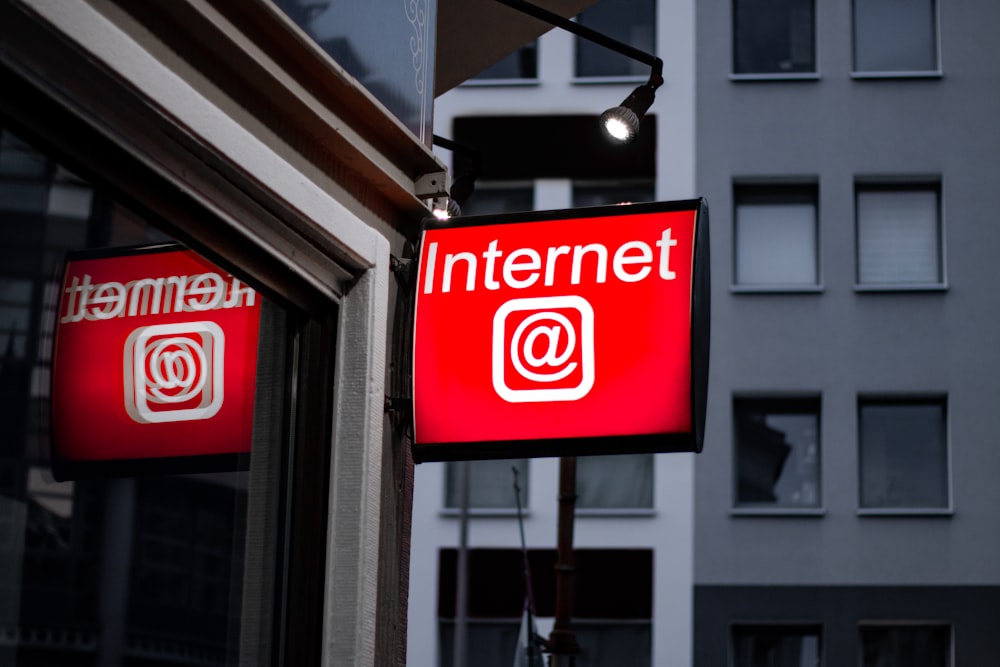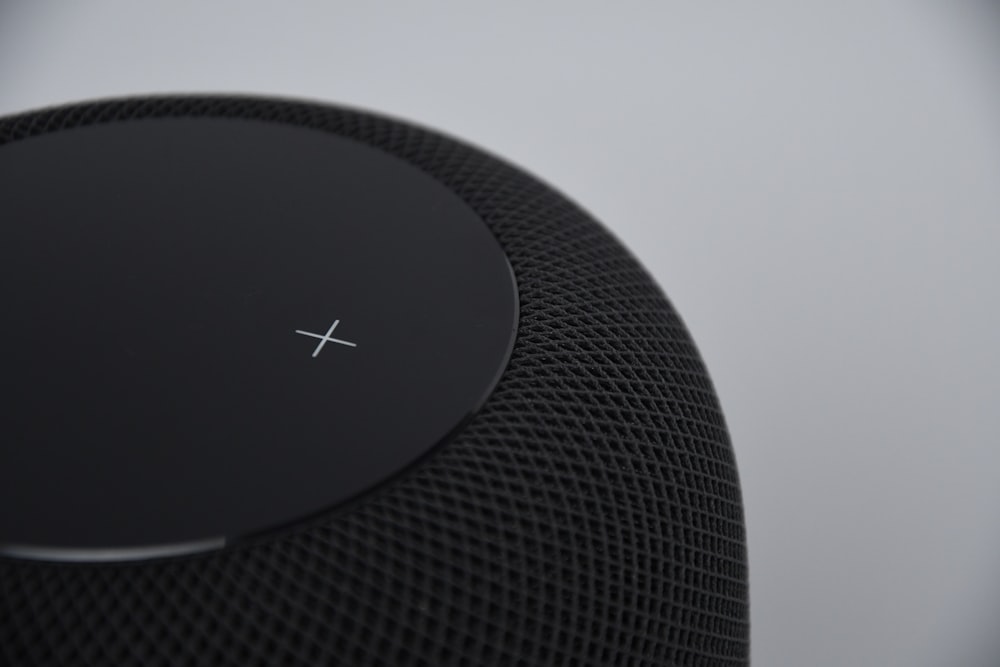Technology has changed our lives and it continues to do so every single day. Since the dawn of time, man has used resources around him to to build shelters and craft primitve axes. Now we have super computers in our pockets and the rise of AI is upon us to take us into the next era. Perhaps I’m writing this post as a kind of digital time capsule and maybe one day a future man or woman from the year 3042 will look back and laugh at our current technology.
Some people will tell you that technology has changed our lives for the better and some will say the opposite but everyone will agree that it has changed our lives in some way. Personally, I think it has changed our lives for the better, mostly, but there are a few things that still need to change to make it better for everyone. Technology is good because it’s the creative innovation that pushes us forward and hopefully improves out lives in the long run.
You can’t stop innovation because it’s a natural trait of human beings. Progress never stops because people always want more out of life. So, in this post, I’ll go over some of the ways in which technology has changed our lives up to the year 2020.
1. Commerce

Technology has changed the way we buy things and where we buy things from. After WW2 there was a retail boom where thousands of supermarkets flooded the high streets and people would spend their weekends browsing for all kinds of goods. These days, as the internet shops rise, more shops on the high street are being killed off as they struggle to compete with online prices.
Let’s face it, it’s just so much darn easier to buy things online from websites like Amazon than go into town. You can have your items delivered to your door the next morning if you pay a little extra although this speedy service is much more affordable for all these days.
Amazon has been around since the dawn of the internet when it used to only sell books but has since branched out into selling everything under the sun. Slowly but surely, traditional shopping is being replaced by the younger generations with online shopping which is just more convenient and makes much more sense.
In this sense, technology has changed our lives significantly because it means we no longer have to physically go out and hop into the car or on the bus. We don’t have the chance to bump into anyone we know and have a chat as much as we used to.
2. Social Media

One of the most obvious ways technology has changed our lives is through smartphones. Almost everything you need is now in your pocket. One of the biggest applications on our phones is social media and boy do we use it. Social media has changed the way we interact with each other, how we sell and buy things and has arguably made us more tribal.
With the flick of your thumbs you can now tell the world your inner thoughts for no reason at all. This is all within the last 15 years or so too. Before social media you would have to get together with your friends and have debates but now there is simply no need to if you have them as a friend on social media whether it’s Facebook or Instagram or YouTube.
There’s never been so much access to large amounts of people all at once, something most people would say we’re not built for. There’s so much room for abuse and love all at the same time, depending on how you use social media. The debate about whether social media is good or bad will likely never end but it can be very positive as well as negative at times.
The postives are that it is now easy to find like-minded people, support groups, contact with family. The negatives are links with depression, bullying, low self-esteem.
One thing is for certain, talking on social media is usually always warped by the fact that it’s difficult to gauge the tone of the discussion and things can often seem out of context. Social media has changed our lives and it’s here to stay.
3. Information overload

Everyone looks back at when they were younger as if their early years were simpler times. However, life before the internet as we know it was certainly more simple. Whether it was better is up for debate. I remember having to use a modem that was connected to the phone line so you couldn’t use the phone and the internet at the same time. That wasn’t even that long ago either.
Back in the early 2000s, there was only a handful of websites worth looking at and Google didn’t even exist yet so to find a website you’d actually have to type its address in the search bar and that was only once someone told you what the website was called! Complex algorithms only came later that scraped the web to find related keywords. The internet was the world west as if a new frontier only a few that would dare explore.
How things have changed. Where there were only a few file sharing web pages and funny cat videos back then, there’s now too much information you have to make sure you take breaks from the internet. There is a serious amount of information online and these days it can be hard to find the truth of the matter about something.
News websites used to report on what was happening, now there are a billion different news websites putting their own spin on stories to try and make you click on their articles so they can make money from ads. We’re still at a time where the internet is mostly used by the younger people but that is slowly becoming a thing of the past. Everyone and their grandma has a tablet these days.
Like social media, the rest of the internet provides a hostile ground for disagreements but it can also provide people with some friendly company and new ideas to discover that they would never have been able to just 40 years ago. I still find it amazing that you can video call someone halfway around the planet.
4. Education & Jobs

I don’t know about you but I remember only 20 years ago smacking a primitive desktop in my primary school, trying to get the screen to work properly. These days kids are doing most of their learning on their computers. I used to get homework that I’d try to get out of doing but now all the homework is online so there’s no escaping it! It was only a year ago I realised my son wouldn’t be bringing home workbooks to complete.
Online learning has been progressing for over ten years now but with the current coronavirus pandemic, it has only become used more and more and is looking like it will replace many college lectures, for example. Assignments can now be completed online and why not, it’s so much easier.
The current pandemic has only acted like a catalyst for moving more jobs online too. With social distancing now at the forefront of everyone’s minds, office staff are getting used to the idea of working from home. Many are now wondering if there’s any point in going into the office at all! It’s only thanks to computers and fast broadband that this has been a possibility. If the pandemic hit 50 years ago, many more people would be losing their jobs but luckily technology has saved many peoples livelihoods.
Technology has also given birth to brand new jobs that would have never existed before the internet. For example, basic computers back in the ’80s would be able to write up reports and print them but that was about it. These days complex coding can be performed, front and back-end design work and AI systems that can self-teach themselves are all done and developed on modern computers.
Not only has technology created new job opportunities, it has helped to advance current job roles and streamline these for better efficiency. For example, if you look at the healthcare industry, medical technology has advanced leaps and bounds. From physical hardware, and surgical tools, to rostering software and the ability to easily log a carers note to update a patient record. This has helped businesses stay on track with being compliant, as well as enhancing overall organization.
As we become a ‘greener planet’ the need for physical manpower is only decreasing. Rather than having hundreds of men working down coal mines we now have hundreds of men and women sat at computers monitoring wind farms.
5. Technology shapes culture

We become what we see and hear. It wasn’t that long ago that the boring old TVs of the 90s had 4 channels and the radio only had a handful of stations. In a way, we only saw the world through a tiny pinhole. Now we’re exposed to all kinds of things especially with the rise of social media and video sharing websites like YouTube. We’re constantly being influenced in some way. Back in the 90s we would have our culture shaped by only a few select artists and TV personalities on our TVs and radios and now it’s the social media influencers and online celebrities that are constantly pushing new ideas and trends out at us.
Our culture is constantly be warped and changed each week. Trends come and go much faster. Viral videos and songs rip their way through the population and bring us together and annoy us all at the same time.
Technology has changed our lives by giving us easy access to content that we digest and then reenact in our daily lives. When I was a kid, there were a few sub personality trends – goths, punks and jocks. Now, there’s probably more than a hundred different types of sub cultures people subscribe too thanks to the variety on show through the internet.
6. The rise of AI

As computers have improved over the last 20 years, we’re now entering an era of being reliant on smart computers to do our dirty work for us. Artificial intelligence is going to change our lives more than we know it will. Already we’re seeing AI code develop its own language and be able to communicate effectively with other AI like in this 2017 Facebook experiment.
Then there are the everyday day robots that are becoming important parts of our lives. Everything from robotics used in warehouses to speed up the work rate to simple robotic hoovers that do the work themselves without being prompted to AI like Amazon’s Echo home robots that serve as home assistants through voice activation.
We’re also seeing AI being used in warfare. No longer are thousands of troops needed to fight on the battlefield like the old world wars. Instead, pilot-less drones controlled by Xbox controllers are used to remotely strike targets without risking the lives of the military. In traditional fashion, technology developed for the militarty continues to filter its way down to the civilian population.
For example, it was only 5 years ago that owning a recreational drone would be seen to be reserved for a select few that could afford them. Now, anyone can pick up a drone for $100 or less.
We also unload heavy and complex tasks onto AI in terms of surgeries that require acute precision and accuracy. It’s also not unreasonable to think that an AI of the future will be able to advise us humans on how to sustain the planet better and curb global warming.
Here’s a few other ways technology has changed our lives;
- Dating is now done through apps more than people meeting in person
- Online currencies are emerging, making the world more cash-less
- Computers are now used in cars to self-drive them and utilise complex GPS systems
- Plans are in place to put humans on Mars between 2020-2030
- You can now make a full-time living online with a big enough audience
Technology has changed our lives forever
Technology is set to make our world look a completely different place even more so in the next 20-30 years. Personally, I like being able to do my writing, banking and communicating with a device in my pocket. Technology continues to push society forward and is only positive when used correctly.
I’d love to know what you think about how technology is changing our lives in the comments below!
Sean C is a writer, passionate about improving one’s self by maintaining healthy habits and doing the things that make life more meaningful.

